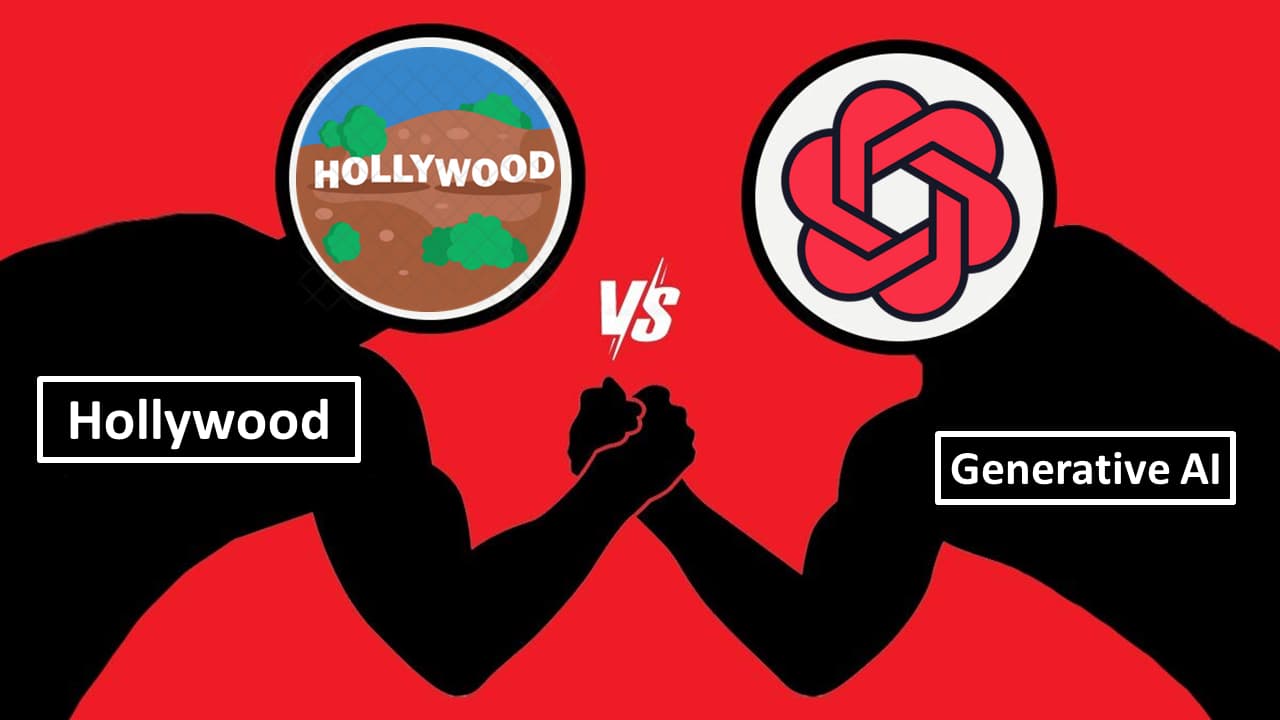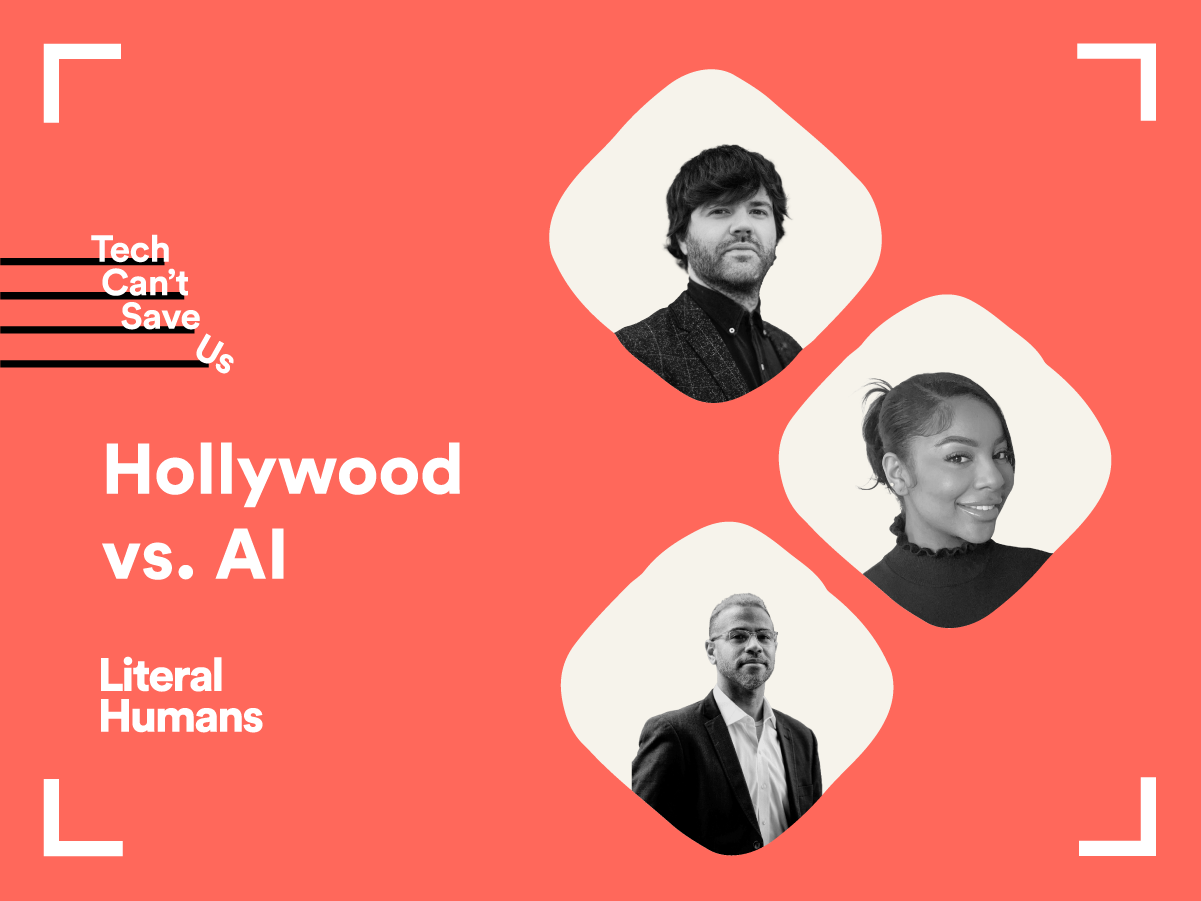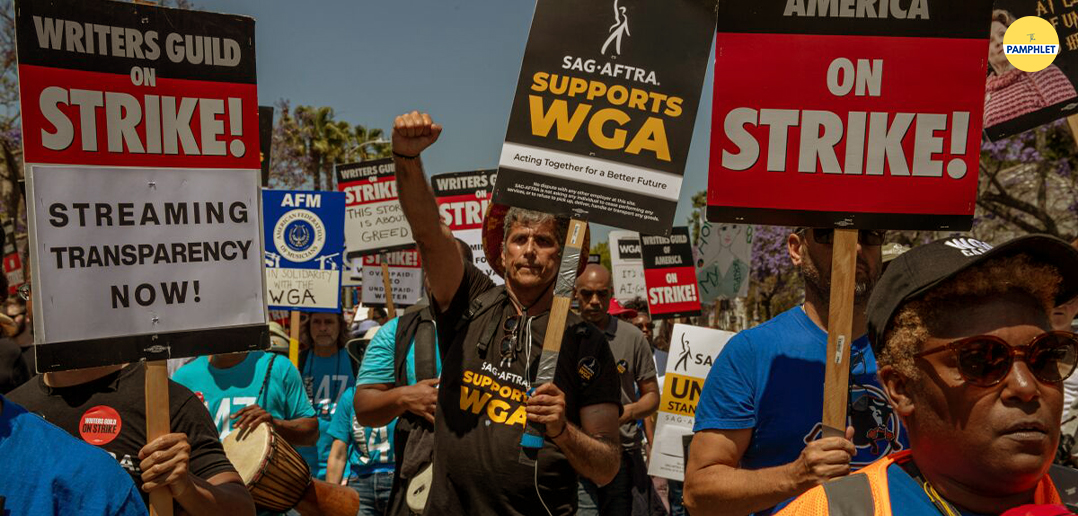Bypass even the most powerful detectors
The AI Writing Revolution - Humanizing Text, Spotting AI, and Battling Hollywood Complexities

The advancement of artificial intelligence (AI) technology has brought enormous dynamism into the writing environment, be it books, articles, or screenplays. It provides a platform for the writer to pour their feelings into the writing. But at the same time, it has set challenges as to how to spot whether AI was involved in that creation, let alone authenticity—especially when it comes to Hollywood.
Humanizing Text with AI:
At the heart of AI's transformative impact on writing lies its remarkable ability to humanize text. Through sophisticated algorithms and deep learning techniques, AI tools can analyze vast troves of human-written content to generate text that captures the nuances of natural language. This revolutionary capability has ushered in a new era of writing, where authors can harness the power of AI to streamline their creative process and elevate their storytelling to new heights.
Challenges of AI Involvement Detection:
Yet, as AI becomes increasingly entwined with the writing process, concerns abound regarding its potential to disrupt the delicate balance of creativity and authenticity. Nowhere is this more apparent than in Hollywood, where the pursuit of originality reigns supreme. In an industry where every word counts, the challenge of distinguishing between human and AI-generated content has become a pressing issue, sparking debates about how to safeguard the integrity of creative works.
Strategies in Hollywood:

To address the growing concerns about AI involvement and maintain content authenticity, studios and production companies in Hollywood are actively pursuing various strategies. At the forefront of these efforts are advanced detection algorithms and rigorous verification processes designed to safeguard creative integrity in an increasingly AI-driven world.
Advanced Detection Algorithms
Developing advanced text analytics algorithms that can grasp the subtlety of the hints in the content and understand whether traces of AI influence are there. They use machine learning, and in particular, natural language processing, to study writing patterns and styles of language use, as well as stylistic features in general. This way, the algorithms compare AI-generated content with human-written works and flag potential cases of AI involvement for further examination and verification.
Quite Strict Verification Processes:
Apart from the detection algorithms, Hollywood is bringing rather strict verification processes to confirm the author of scripts and other creative works. This may involve asking writers to provide proof of their authorship or drafts and notes related to the script, or unique knowledge of the creative process. In some cases, studios may also invite independent specialists, hence ensuring even greater verification of the script's authenticity and compliance with industry standards.
Continue Challenges, Ethics Remain:
However, detection of such AI is still a difficult and evolving challenge. The AI tools are getting developed and evolving each passing day, curating the human-generated content and, hence, increasingly making it difficult to distinguish from theirs. The evolving developing furthering of AI technologies challenge those whose task it is to recognize its impact; therefore, they have to continue doing research on the development of the methods for its detection.
And a further ethical consideration to be undertaken is the rather appropriate way in which such AI is detected. On the one hand, provision does certainly have to be in place for creative integrity through avoiding AI-based plagiarism, but on the other hand, one also has to tread carefully in respecting the privacy and intellectual property of writers who would be using such AI tools for the processing of their creativity. Hence, it is important to balance the level of detection with ethical issues for trust and transparency to prevail within the creative community.
Job Insecurity and Writer Advocacy:

Advanced AI in writing brought about job insecurities and displacement fears among writers. With these AI-driven tools at an all-time high, it appears that there is a burgeoning fear within the writing community that at some point, this might prove to be an issue threatening their jobs. The threat of being replaced by AI is growing, and people are calling for greater transparency and accountability about the use of such technology. Now, it hovers like an ominous cloud over labor talks and the threat of strikes, as writers demand even further assurances that their creative contributions will not be marginalized or replaced by AI. The question of AI impact on work has been one of the focal points in recent labor negotiations, and it really points to the urgency of industry-wide dialog and collaboration.
But through these challenges, AI technology offers a great opportunity for writers like no other that has existed before. Therefore, writers using AI are in a position to break open new worlds of storytelling potentials that stretch the limits of what we are able to recognize in literature, film, and other fronts. But, as with any revolutionary technology, questions of the ethical and practical use of AI call for deliberate consideration.
The AI writing revolution is bringing a fundamental change to the very process of content creation and consumption: AI provides unmatched help in making the text humane, i.e., more human-like, and brings ease to the writer through text generation; on the other hand, it also brings its set of challenges to detect and retain an authentic voice. The key in Hollywood and elsewhere is to balance the use of AI's capabilities with protecting the interests of human creators. Working together, we can ensure that AI is an aid and does not impede the innovative and creative capacities of writing.